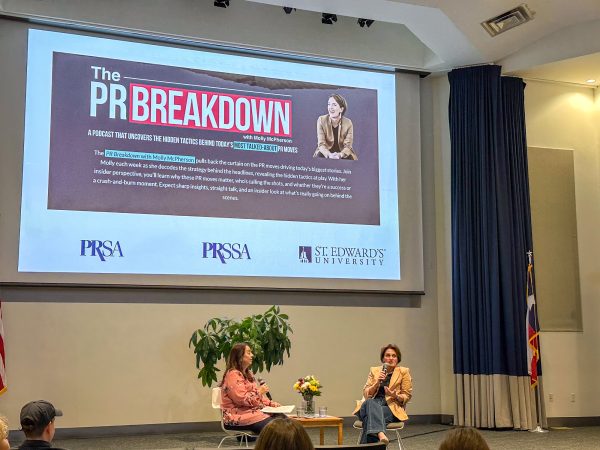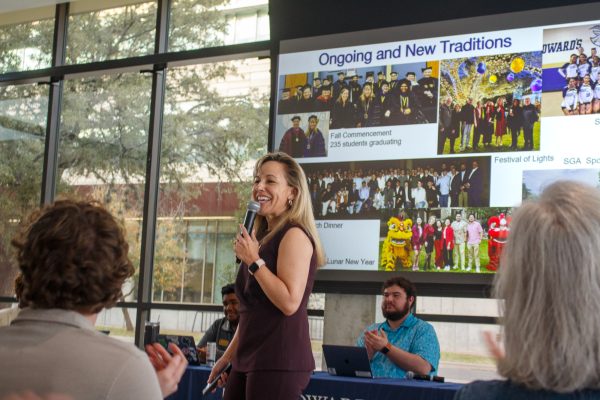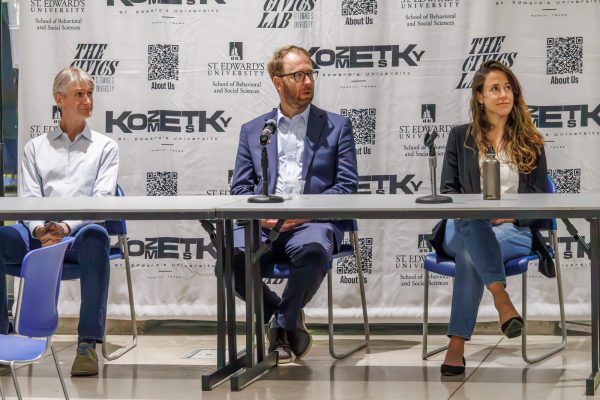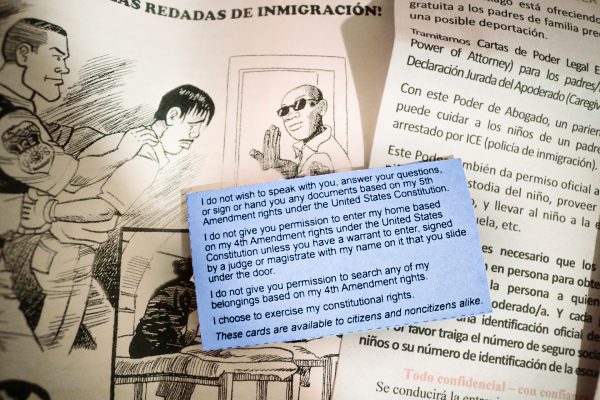Draft executive orders suggest impending visa modifications
According to documents obtained by several reputable news organizations, Donald Trump’s administration has drafted an executive order that would affect several work visas, including the H-1B visa, a popular choice for international students seeking to continue to work in the United States.
“We anticipate that there’s going to be changes to all these visas we just talked about,” Immigration Attorney Jason Finkelman said towards the end of his presentation about nonimmigrant visas in JBWS. “This isn’t the case as of this minute, but we can ascertain that [changes are] coming.”
Currently, the U.S Citizenship and Immigration Services generates 85,000 visas for which the applicants enter into competition via a lottery system. 236,000 students applied last year, 3,000 more than the previous year, and the number is expected to increase, according to CNN.
Of the 85,000 visas, 20,000 are reserved for students with master’s degrees, leaving 65,000 visas available to undergraduates seeking to continue to work in the country.
Given the already difficult nature of getting an H-1B visa and the impending executive changes, Finkelman stressed that students who are completing their Optional Practical Training, or temporary employment related to their majors, should focus on confirming whether or not their current employer will sponsor their visas as soon as possible.
Finkelman isn’t associated with the university, but has volunteered to present on campus in the past to clarify the process for students, some of which are his clients.
Davis Covin, the Assistant Director for the Global Engagement Office recommended that students check in with his office to ask advice before traveling outside of the United States while their visa applications are beingprocessed.
“[Students] are going to want to prepare themselves more than ever when they travel,” Covin said.
One of the proposed changes he listed would increase the minimum salaries for employees on H-1B visas. Currently, employers must pay their foreign employees at minimum the average salary that any worker born in the U.S. would be paid for doing the same job in the same area.
If the new executive orders are signed, the proposed minimum salary would be $130,000 per year, a figure that will discourage many business owners from sponsoring students’ visa applications.
Another change would attempt to shorten the amount of time allotted to students to work post-graduation under the OPT rule, which had been expanded from 12 months to 17 months under the Obama administration, according to Vox.
Finkelman acknowledged the confusion that has arisen in the past couple of weeks over legal immigration to the United States and assured students that help would be available to them.
“We are fighting really, really hard for all of you,” Finkelman told students, “You are what makes this country awesome.“
Graduate student Victor Cairo said that he is concerned the proposed amendments to the H-1B visa will make it more difficult for him to obtain a job in the U.S after graduation, but he said he plans on diversifying his approach to finding a sponsor.
“I’m still worried,” Cairo said, “I’m expecting that it’s going to get harder for me to get an opportunity to work in the U.S. We’ll see. I have to be ready.”






